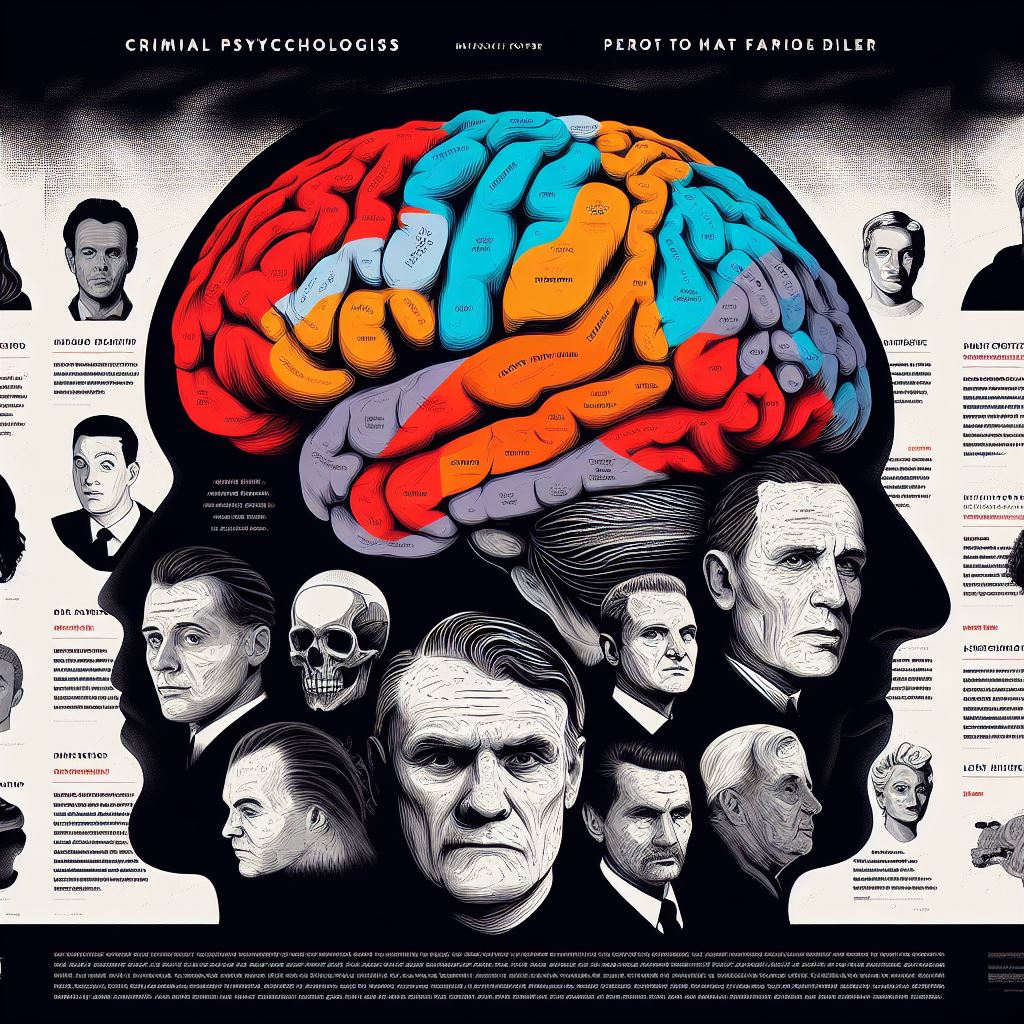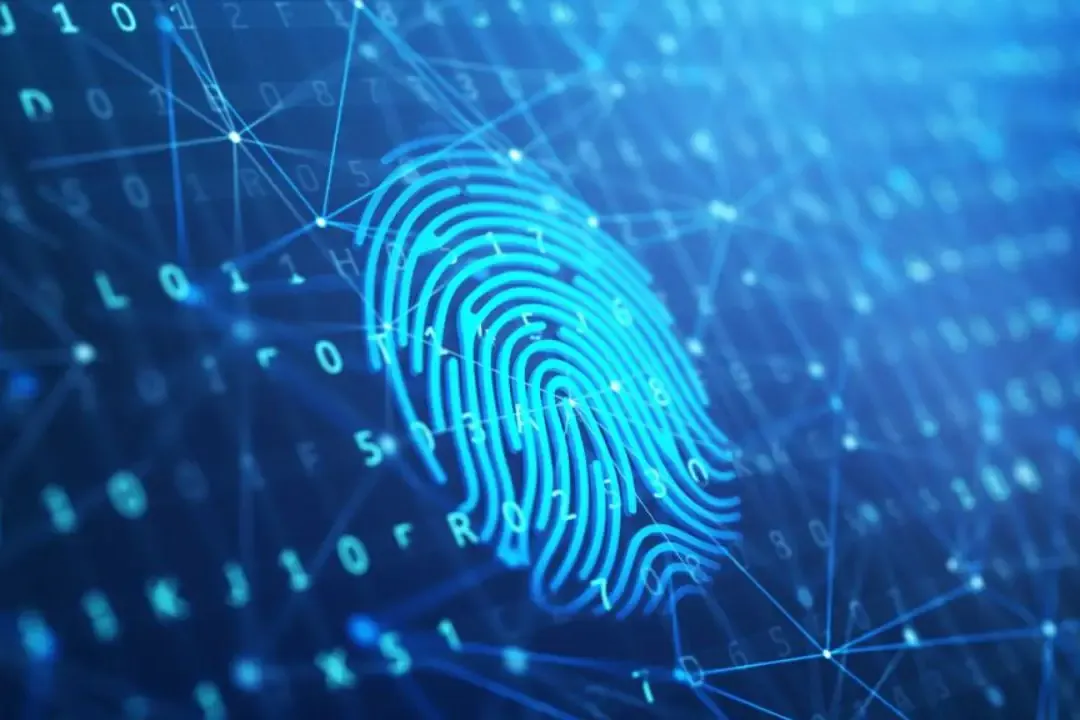Forensic psychology intertwines with various branches of psychology—clinical, cognitive, developmental, and social—each offering unique insights that enhance forensic practices. Understanding these relationships illuminates how forensic psychology applies psychological principles to legal contexts, thereby enriching both fields.
Forensic Psychology and Clinical Psychology
Forensic and clinical psychology share historical roots but diverge in focus and application. Clinical psychology aims to diagnose and treat psychological dysfunction, prioritizing patient confidentiality and therapeutic outcomes. Conversely, forensic psychology intersects with the legal system, providing psychological assessments and expert testimony in legal situations. This divergence necessitates forensic psychologists to navigate legal standards and ethical considerations distinct from those in clinical settings.
Notably, forensic psychology emerged alongside clinical psychology in the late 19th century, each influenced by foundational figures like Wilhelm Wundt. The distinction between the two became evident as forensic psychologists began addressing legal questions, such as the impact of media on witness memory, as demonstrated in the landmark case involving Albert von Schrenk-Notzing.
Clinical-Forensic Psychology: A Subfield
Clinical forensic psychology represents a subfield where professionals assess and treat individuals within the criminal justice system. This area underscores the blending of clinical and forensic psychology, focusing on individuals involved in legal processes due to criminal offenses. The work extends to evaluating offenders for treatment in various settings, including prisons and private practices, reflecting a commitment to addressing mental illness within the context of legal constraints.
Forensic Psychology and Cognitive Psychology
Forensic psychology closely aligns with cognitive psychology, particularly in understanding memory, perception, and thought processes. Cognitive psychology’s exploration of how people think, remember, and solve problems intersects with forensic psychology when assessing witness credibility, interpreting suspect behaviors, or assisting in jury selection. Applying cognitive principles in legal settings underscores the importance of mental processes in shaping legal outcomes.

Forensic Psychology and Developmental Psychology
Forensic psychology also intersects with developmental psychology, particularly in understanding age-related changes and their implications for legal contexts. This intersection becomes crucial in cases involving children, where forensic developmental psychology addresses the reliability of children’s reports and the influence of suggestibility on their testimonies. This field has grown, focusing on the accuracyIn scientific and measurement contexts, "accuracy" refers to the degree of proximity or closeness between a measured value and the true or actual value of the measured quantity. Accuracy indicates how well a measurement reflects Read Full Definition of children’s accounts in legal situations and advocating for methodologies that respect developmental stages.
Forensic Psychology and Social Psychology
Social psychology contributes significantly to forensic psychology, especially in understanding group dynamics, attitudes, and social influences on behavior. The study of how individuals are affected by the presence and actions of others informs forensic practices in areas such as jury selection, eyewitness testimony, and interrogation techniques. Social psychology’s insights into human behavior under social pressures provide valuable tools for navigating legal questions and enhancing the justice system’s effectiveness.
Conclusion
Integrating forensic psychology with other psychological disciplines enriches its application within legal contexts, offering nuanced understandings of human behavior concerning the law. Forensic psychology benefits from a multidisciplinary approach, whether through the lens of clinical, cognitive, developmental, or social psychology. This synergy advances the field and strengthens its capacityThe amount of finished product that could be produced, either in one batch or over a defined period of time, and given a set list of variables. Read Full Definition to contribute to the legal system, ensuring that psychological principles are applied effectively and ethically in the pursuit of justice.











